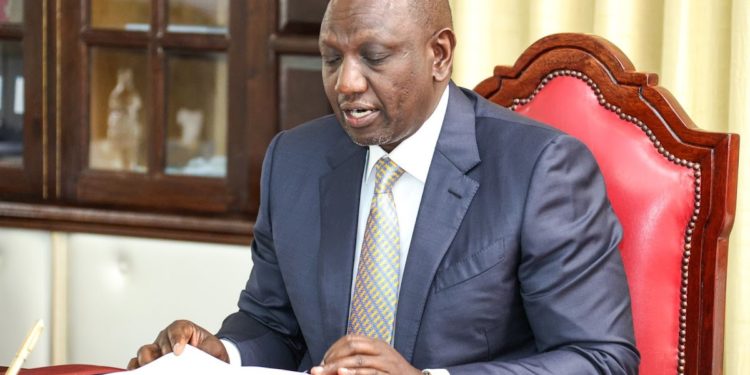President William Ruto today approved the Finance Bill 2023. There has been a lot of mixed reaction to the new Finance Bill 2023 due to the various aspects of the bill, such as the 1.5% salary deduction for the housing levy, the introduction of the 5.0% withholding tax on the local digital content creators, and the increase in petroleum products VAT to 16.0% from 8.0%.
Read more: Heated Budget Debate on the Finance Bill 2023
Those opposing the bill are of the opinion that the introduction of new taxes and the increased tax on various items will eat into the salaries of Kenyans, thereby adding to the already existing burdens that Kenyans are facing due to the tough economic environment, characterized by a high inflation rate as prices of goods and services continue to rise.
The housing levy was also a contentious topic, given that the answers to how the fund would be managed remained vague. This continued to catalyze the perception that the levy may be vulnerable to mismanagement.
On the other hand, the supporters of the bill note that the government is underfunded, and therefore it has to find a way to raise revenue if it is to meet its total expenditure and also service the debts taken. Therefore, increasing taxes will enable the government to raise the needed capital to meet its costs. This is true, considering the ever-present fiscal deficit.
Read more: Proposed Tax Reforms in The Finance Bill 2023
In a number of public addresses, the president notes that his mission is to reduce overreliance on debt financing, especially to fund recurrent expenditures. To achieve this, the subsidies on Petroleum products were removed so as to reduce government expenditure.
Both arguments for support and objection to the Finance Bill 2023 hold water. However, it’s too early to determine whether the president’s decision to append the new bill was right or wrong. Only time will tell whether it was the right call.












